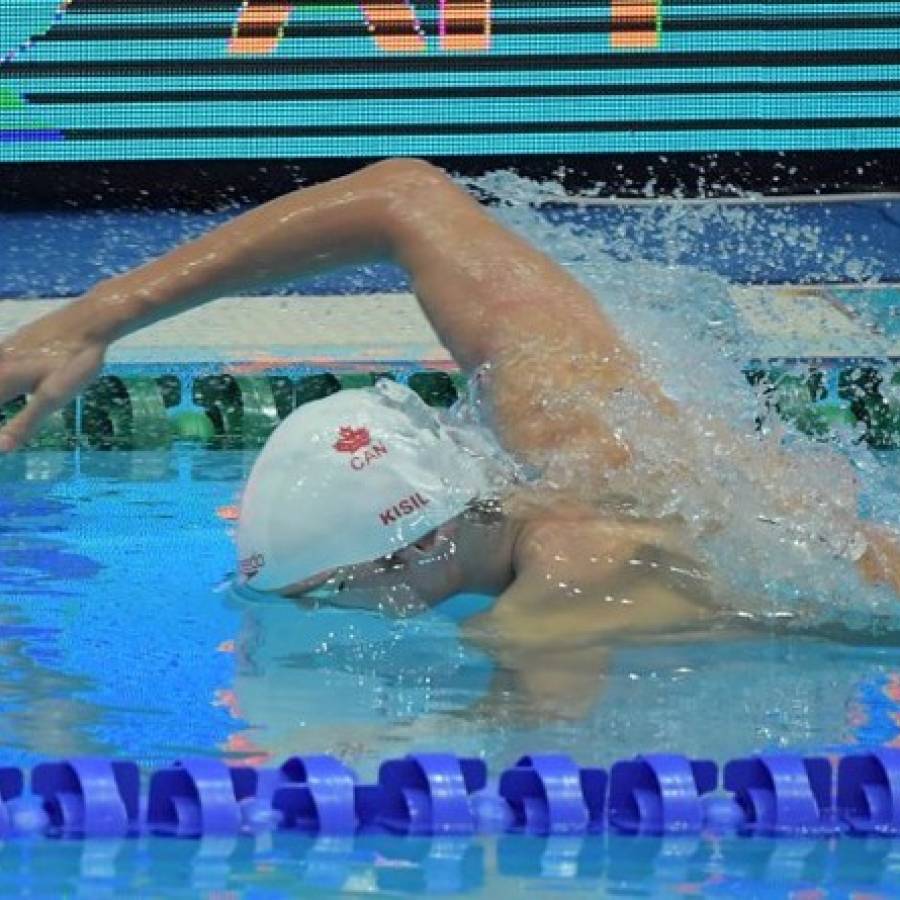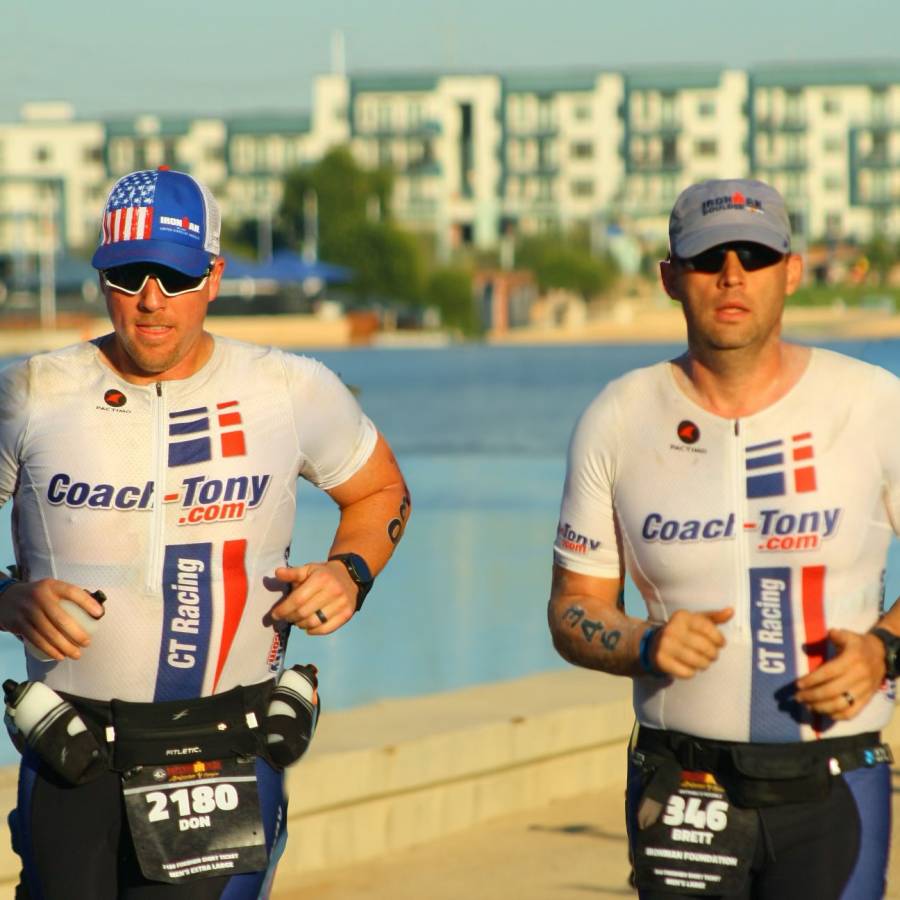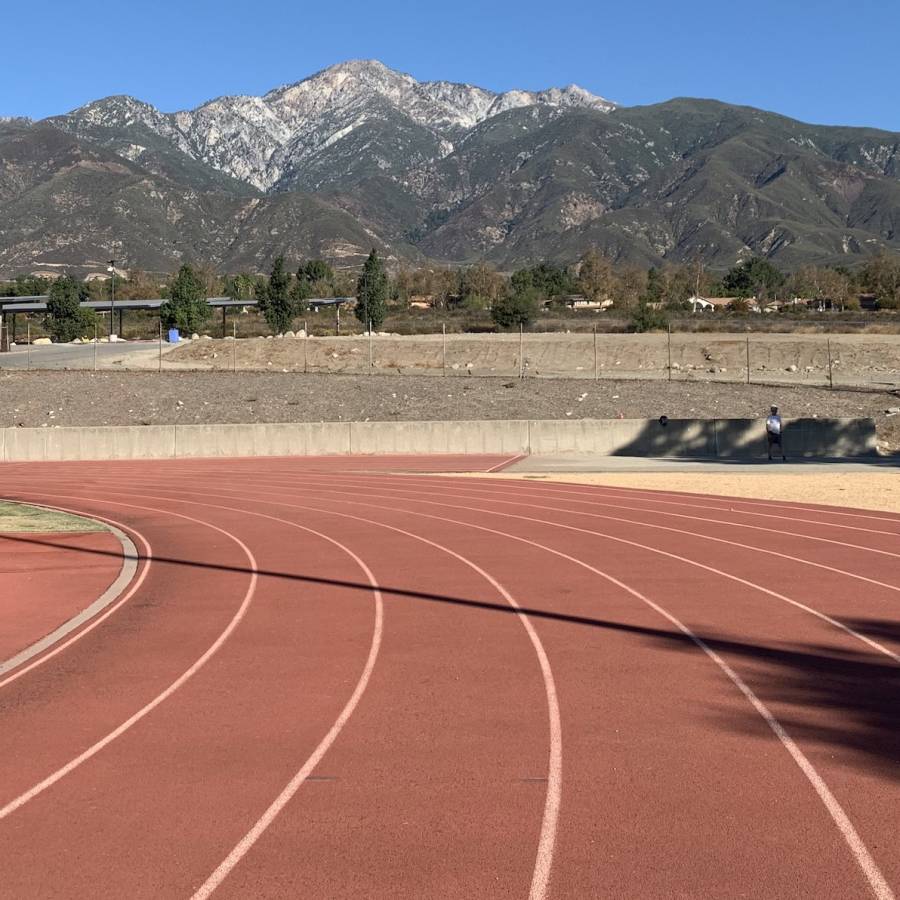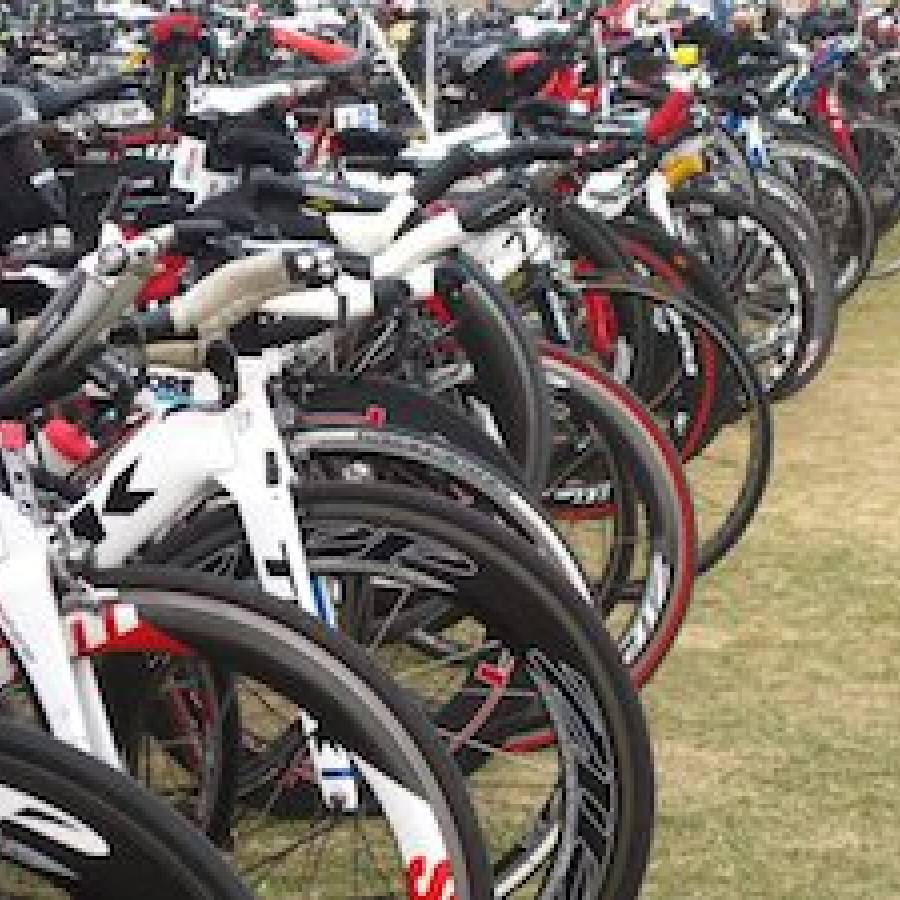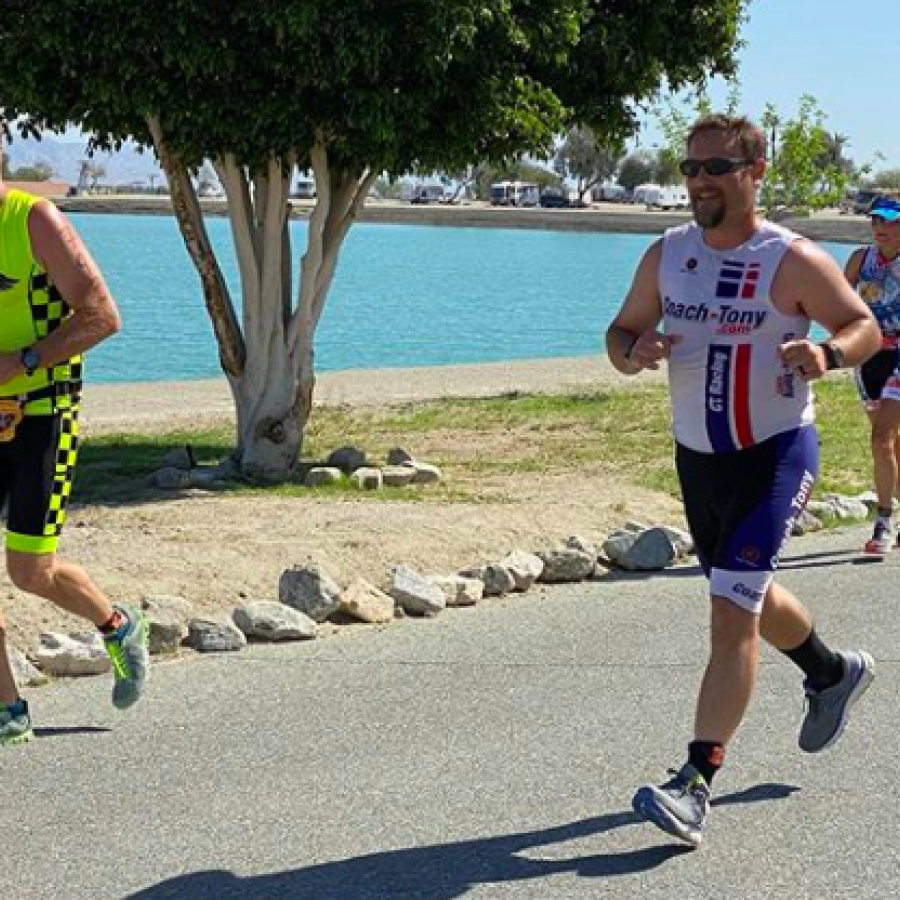
The first two decades of the fifth century B.C. marked one of the great turning points in world history. These were the years of the Persian and Greek wars. The powerful Persian Empire in 546 B.C. extended from Asia to Eygpt to what is now Turkey. This great empire built the first Suez Canal which linked the Mediterranean Sea with the Red Sea. Greece on the other hand, consisted of a scattering of independent city-states, called poleis. These early city-states spawned the democratic ideas that have persisted into modern times. Athens eventually became the largest and most prosperous polis. Another Greek polis, Sparta, was not so democratic. They kept their kings and maintained a conservative, regimented society built around military training and the art of war.
The Persian Empire over the years expanded to the Mediterrean Sea. In the process some Greek settlements were conquered. Ionia was one such settlement. After many years, they tried to revolt against the Persians but the uprising was immediately squashed by the powerful Persian Army. By the year 490 B.C., the Persian Army was ready to expand their territory and move into Europe. They landed a large force just outside of Athens on the plains of Marathon and prepared for attack.
The Athens, vastly outnumbered, desperately needed the help of Sparta's military base to help fend off the attack. Time was short, so the Athenian generals send Phidippides (or Philippides) a professional runner to Sparta to ask for help. The 140 mile course was very mountainous and rugged. Phidippides ran the course in about 36 hours. Sparta agreed to help but said they would not take the field until the moon was full due to religious laws. This would leave the Athenians alone to fight the Persian Army. Phidippides ran back to Athens (another 140 miles!) with the disappointing news. Immediately, the small Athenian Army (including Phidippedes) marched to the plains of Marathon to prepare for battle.
The Athenian Army was outnumbered 4 to 1 but they launched a suprise offensive thrust which at the time appeared suicidal. But by day's end, 6400 Persian bodies lay dead on the field while only 192 Athenians had been killed. The surviving Persians fled to sea and headed south to Athens where they hoped to attack the city before the Greek Army could re-assemble there. Phidippides was again called upon to run to Athens (26 miles away) to carry the news of the victory and the warning about the approaching Persian ships. Despite his fatigue after his recent run to Sparta and back and having fought all morning in heavy armor, Phidippides rose to the challenge. Pushing himself past normal limits of human endurance, the reached Athens in perhaps 3 hours, deliverd his message and then died shortly thereafter from exhaustion. Sparta and the other Greek polies eventually came to the aid of Athens and eventually they were able to turn back the Persian attempt to conquer Greece.
http://www.lakepowell.net/marathon.html
Coach-Tony
www.coach-tony.com



